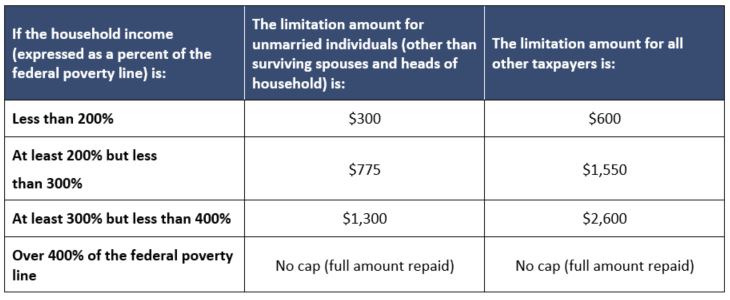On October 20, 2017, the Internal Revenue Service (IRS) released Revenue Procedure 2017-58, which raises the health Flexible Spending Account (FSA) salary reduction contribution limit by $50 to $2,650 for plan years beginning in 2018. The Revenue Procedure also contains the cost-of-living adjustments that apply to dollar limitations in certain sections of the Internal Revenue Code. The following summarizes other adjustments relevant to individuals and employer sponsors of welfare and fringe benefit plans.
Qualified Commuter Parking and Mass Transit Pass Monthly Limit Increase
For 2018, the monthly limitation for the qualified transportation fringe benefit is $260, as is the monthly limitation for qualified parking (in both cases, a $5 increase from the 2017 limit).
Small Employer Health Insurance Tax Credit Average Annual Wage Limit Increase
For 2018, the maximum average annual wages of employees used for determining who is an eligible small employer for purposes of the credit is $53,400 (a $1,000 increase from the 2017 threshold). The average annual wage level at which the tax credit begins to phase out for eligible small employers is $26,700 (a $500 increase from the 2017 threshold).
Adoption Assistance Tax Credit Increase
For 2018, the amount that can be excluded from an employee’s gross income for the adoption of a child with special needs is $13,840 (a $270 increase from the 2017 limit). The maximum amount that can be excluded from an employee’s gross income for the amounts paid or expenses incurred by an employer for qualified adoption expenses furnished pursuant to an adoption assistance program for other adoptions by the employee is $13,840 (a $270 increase from the 2017 limit). The amount excludable from an employee’s gross income begins to phase out for taxpayers with modified adjusted gross income in excess of $207,580 (a $4,040 increase from the 2017 threshold) and is completely phased out for taxpayers with modified adjusted gross income of $247,580 or more (a $4,040 increase from the 2017 threshold).
Qualified Small Employer Health Reimbursement Arrangement (QSEHRA) Increase
For 2018, reimbursements under a QSEHRA cannot exceed $5,050 (single) / $10,250 (family). This represents an increase of $50 (single) / $250 (family) from 2017.
Refundable Credit for Coverage Under a Qualified Health Plan
For 2018, the limit on repayment of excess advance premium credits is determined using the following table:

In other words, individuals who were ultimately ineligible for the premium credits they received will have their repayment capped based on the table above.
Reminder: 2018 HSA Contribution Limits and HDHP Deductible and Out-of-Pocket Limits
Earlier this year, the IRS announced the inflation adjusted amounts for 2018 relevant to HSAs and high deductible health plans (HDHPs). The table below summarizes those adjustments.

The ACA’s out-of-pocket limits for in-network essential health benefits have also increased for 2018. Note that all non-grandfathered group health plans must contain an embedded individual out-of-pocket limit within family coverage, if the family out-of-pocket limit is above $7,350 (2018 plan years) or $7,150 (2017 plan years). Exceptions to the ACA’s out-of-pocket limit rule are available for certain small group plans eligible for transition relief (referred to as “Grandmothered” plans). Unless extended, relief for Grandmothered plans ends December 31, 2018.

ACA Reporting Penalties (Forms 1094-B, 1095-B, 1094-C, 1095-C)
The following table reflects penalties for returns filed in the applicable year (i.e., the 2018 penalty is for returns filed in 2018 for calendar year 2017). Note that failure to provide Form 1095-C to an employee and the IRS may result in two penalties of $270, as each are supposed to receive the form (doubled for willful failures, with no cap on the penalty).

About the Authors
This alert was prepared for Benefit Advisors Network by Marathas Barrow Weatherhead Lent LLP, a national law firm with recognized experts on the Affordable Care Act. Contact Peter Marathas or Stacy Barrow at pmarathas@marbarlaw.com or sbarrow@marbarlaw.com.
This message is a service to our clients and friends. It is designed only to give general information on the developments actually covered. It is not intended to be a comprehensive summary of recent developments in the law, treat exhaustively the subjects covered, provide legal advice, or render a legal opinion.
Benefit Advisors Network and its smart partners are not attorneys and are not responsible for any legal advice. To fully understand how this or any legal or compliance information affects your unique situation, you should check with a qualified attorney.
© Copyright 2017 Benefit Advisors Network. Smart Partners. All rights reserved.